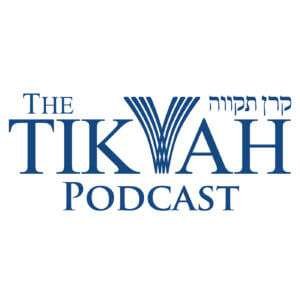On June 24, members of New York City’s Democratic party will select their nominee for the mayoral election that is scheduled to take place in November of this year. As of last year, 56 percent of registered voters in New York were Democrats, but even that number doesn’t fully express the extent of the Democratic party’s hold over the city’s affairs. Democrats hold a supermajority on the city council and control the three major citywide offices—mayor, comptroller, and public advocate—and all three of New York City’s congressional representatives are Democrats. New York is a Democratic city, and it is widely believed that the winner of the Democratic primary will be heavily favored in the fall vote. Even though the official election isn’t until November, the most important element in that election will be determined next week.
Because New York remains the most important Jewish city in the United States, next week’s primary election will have outsized consequences for more Jews than any other municipal election. To discuss the candidates and to explore the Jewish questions that are going to be put before the next mayor, Jonathan Silver is joined by Jay Lefkowitz, a senior partner at Kirkland and Ellis, an adjunct professor at Columbia Law School, and a member of Tikvah’s board of trustees. Lefkowitz also served the George W. Bush administration as the United States envoy on human rights in North Korea and the deputy assistant to the president for domestic policy.The conversation touches on anti-Israel and anti-Jewish violence, domestic terror, and education and funding in haredi schools—all of which are election issues in way or another—and on what matters most to Jewish voters.
The conversation touches on anti-Israel and anti-Jewish violence, domestic terror, and education and funding in haredi schools—all of which are election issues in way or another—and on what matters most to Jewish voters.


